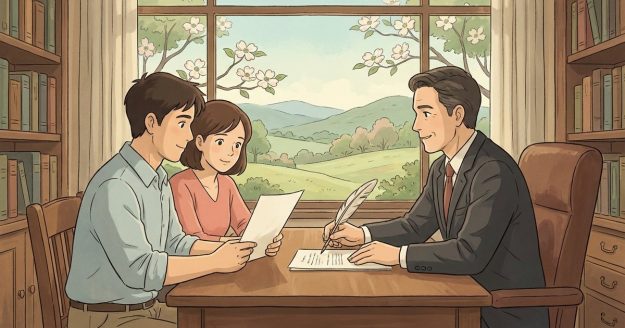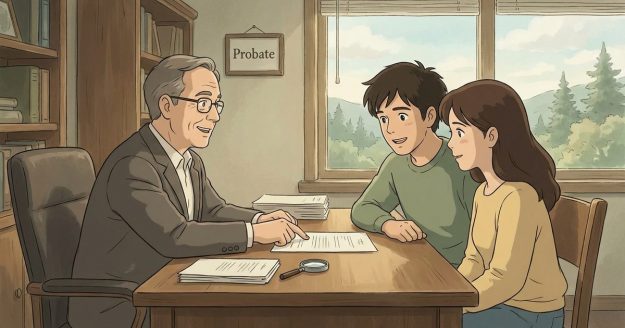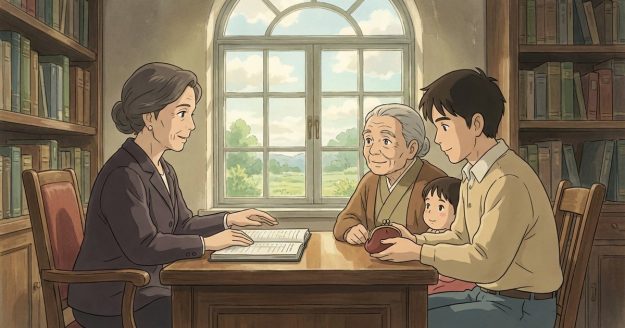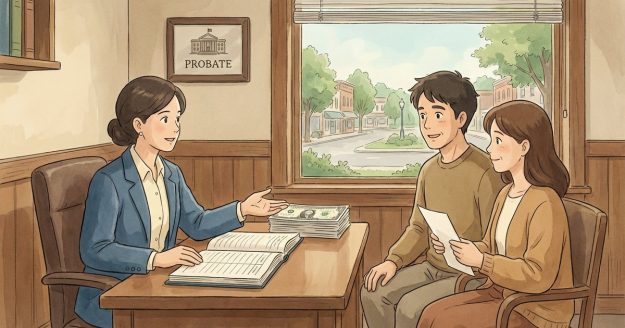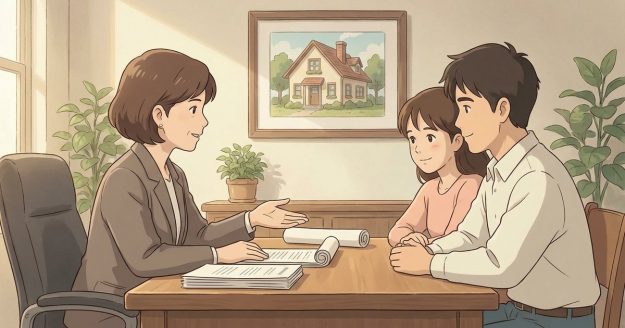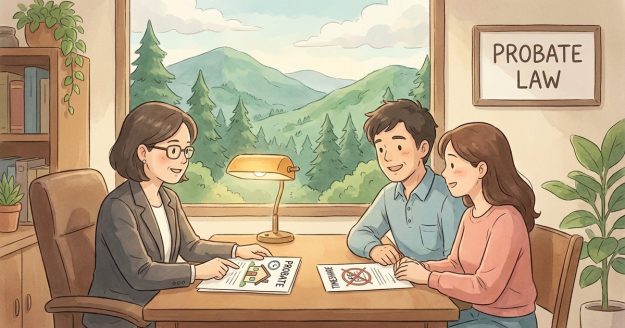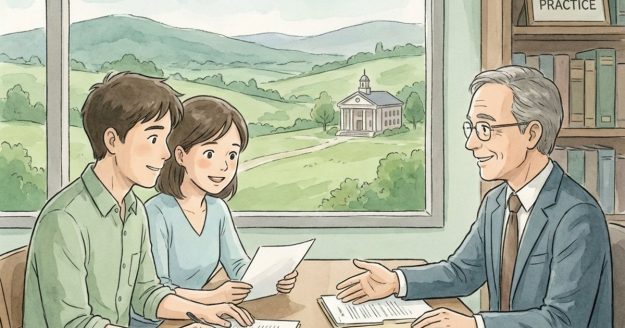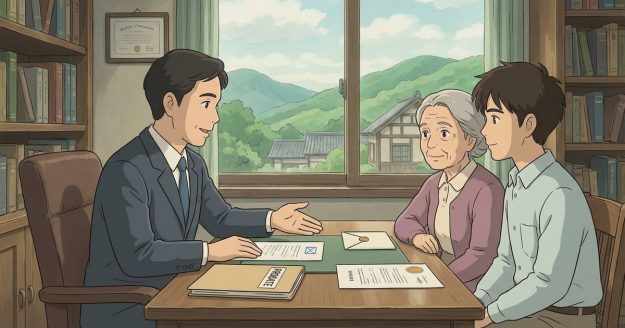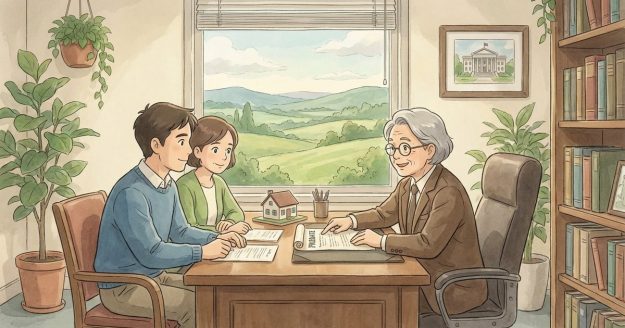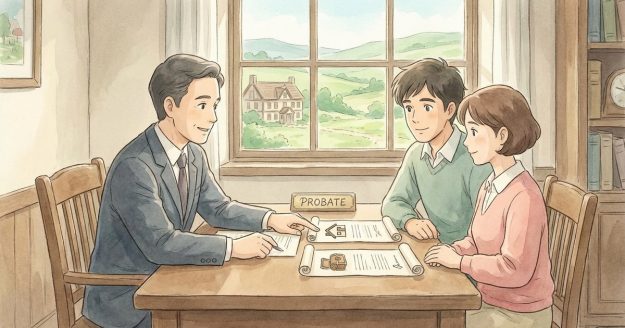As the executor, can I refuse the fiancé’s demand and delay or stop the sale of the house until the dispute is resolved? NC
As the executor, can I refuse the fiancé’s demand and delay or stop the sale of the house until the dispute is resolved? – North Carolina Short Answer In North Carolina, an executor generally does not have to accept a non-spouse partner’s demand for a “percentage of the house” unless that person has a legally…

